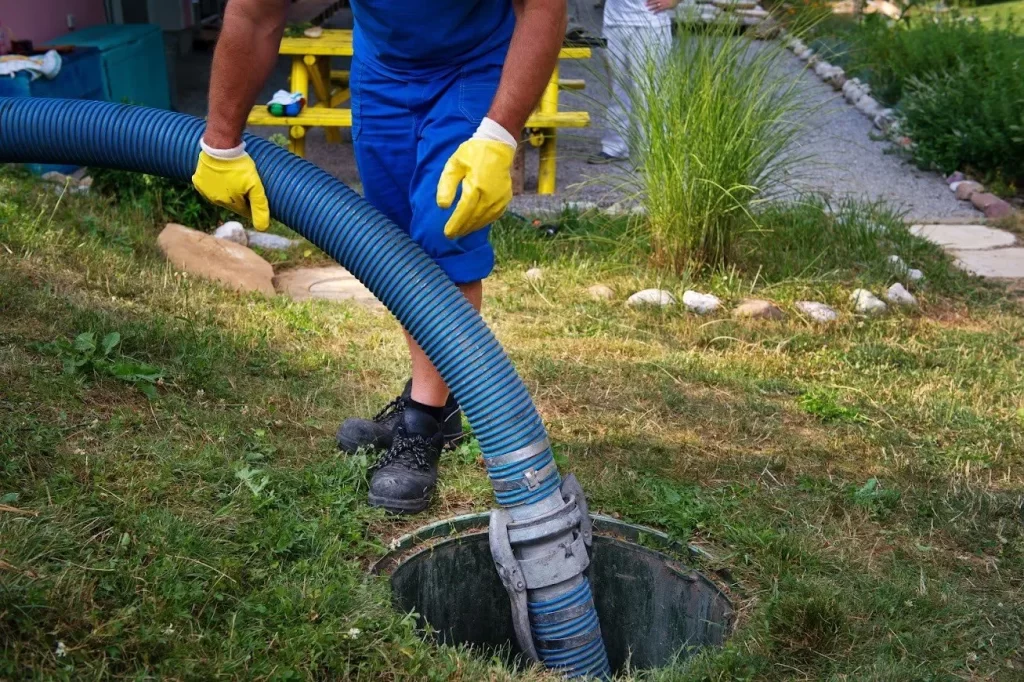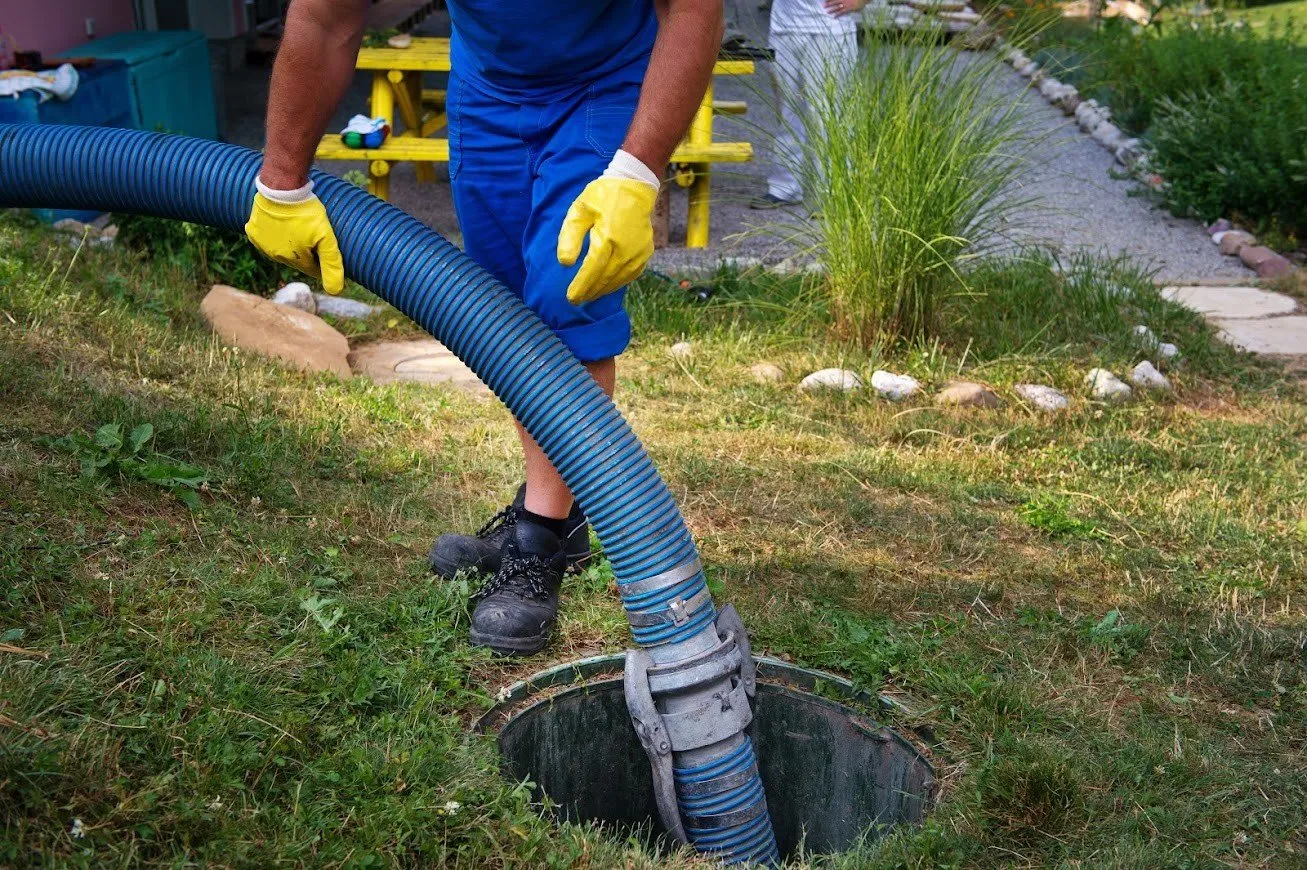
IMPORTANT SIGNS OF SEPTIC TANK PROBLEMS
Septic tanks are an invaluable part of many homes and communities across the United States. However, you can easily dismiss these underground wastewater chambers until there is sewage spillage. Explore the signs to look out for to detect septic tank issues below before they cause mayhem.
Slow Drains
Slow drains are often the first symptoms of septic tank failure. However, you may find it hard to differentiate between pipe blockages and septic tank clogs. If you have a multi-level house, septic tank failure affects the lower drains first. If the lower floor toilets and shower drains are slow at once, the clog is likely in the septic tank. In a single-level house, the drain nearest the septic tank slows down first.
Most homeowners reach for drain cleaners to deal with slow drainage. Keep in mind that the chemicals in most commercial cleaners gradually degrade plumbing pipes. Instead, call expert plumbers in Reno to prevent the complete failure of the septic tank system.
Backups
Your septic tank has likely malfunctioned if water and sewage back up into drains, sinks, and toilets. The black water brings unpleasant odors into your home and causes property damage. The primary cause of septic tank backups is overload. Empty your tank after every few years, although the pumping frequency depends on your household’s size. Your plumber will let you know how often you should drain the tank.
Beneficial bacteria crowd the septic tank, where they break down waste. If you regularly use harsh chemicals, you may unintentionally kill these helpful guys. In this case, the septic tank gets full quickly and causes backups. Also, outdoor structures and heavy machinery can compress the drain field’s soil and interfere with the filtration process.
Whatever the reason for the septic tank backups is, you need the services of a plumber for an expert diagnosis. Plumbers use cameras to find the problem and augers and other equipment to clear the pipes.
Bad Odors
While septic tanks produce foul smells, you have a serious plumbing problem if the odors enter your home. The septic cover maintains a tight seal on the tank and prevents the escape of gases. If septic odors find you in the house, the cover may be damaged or dislodged.
A smelly tank can also indicate the need for pumping. If you drain the tank and there are still foul smells, much of its bacteria may have died off. In this case, a plumber can help you repopulate the tank with anaerobic bacteria. Also, ask about the right cleaners to use to preserve the bacterial populations.
The plumber also checks for any debris in the vents that release septic tank gases around your roof. Ice buildup and leaves can block these vents and leave the gases to flow into your house. So, clean the roof and gutters regularly to keep the vents debris-free.
Lush Grass Above the Septic Tank
Lush green grass above the septic tank or drain field indicates septic failure. Grass is an excellent covering for a drain field since it absorbs nutrients and water and discourages soil erosion. If you notice that the grass above the septic tank looks different than the rest of the yard, your septic system may be in distress.
The leach field features shallow trenches and perforated pipes that receive wastewater from the septic tank. This disposal area removes contaminants from the wastewater before discharging it to the surrounding soil.
If there are clogs or any other kind of damage in the leach field, the nutrients in the wastewater feed the grass and lead to productive growth. In this case, the grass around the leach field grows lush and abundant, unlike other yard areas. If the tank is full, wastewater can leak around the cover and promote grass growth.
You may also notice soggy patches or a black liquid around the septic tank. If you wake up to a foul odor in your yard, have a plumber check for drain field failure. Also, ensure that the plants around the leach field don’t have deep roots that can clog the drain pipes.
Gurgling Sounds
A gurgling sound from your septic tanks is a warning sign for potential septic failure. Blocked drains and blocked sewer pipes are among the causes of these gurgling noises. Blocked pipes commonly indicate the presence of un-flushable items, such as toys and baby wipes. The noises are audible when you flush the toilet or run the water.
A full tank also lets out unusual sounds as it interferes with water flow from your house to the leach field. You want to call a plumber immediately since untreated wastewater can cause havoc if it backups up your home or leaches into the yard. In addition to draining the tank, an experienced plumber cleans the drains and clears any obstructions.
You need experts to keep the system clean and healthy now that you know what to look for in your septic system. At Easy Rooter Plumbing, we believe in proper maintenance to prevent septic tank problems.Call us today for quick repairs and inspection.

